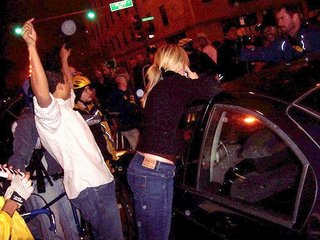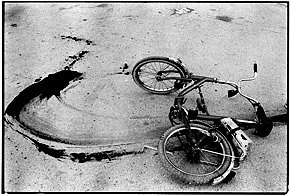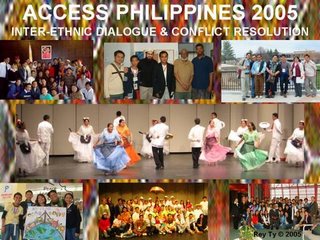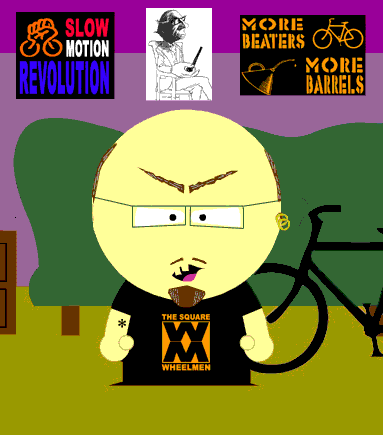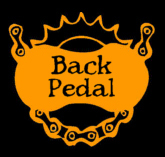Summer bike tours, Part I
abound
 They have too. The weather service just reported that so far the Windy City received a total of 55 snowy inches. And that they were delivered in over 30 separate snow falls. So I'm trying to maintain my sanity by remembering what it's like to bike when your biggest worry is heat stroke.
They have too. The weather service just reported that so far the Windy City received a total of 55 snowy inches. And that they were delivered in over 30 separate snow falls. So I'm trying to maintain my sanity by remembering what it's like to bike when your biggest worry is heat stroke. I took a wonderful series of sweaty bike tours in northeastern Ohio last summer. I stayed with Uffda Dave & his family on their small farm outside Aurora. It was a working trip to meet with my adult volunteers. I would meet with them in the evenings, since most of them had jobs. That left my days free for touring.
I took a wonderful series of sweaty bike tours in northeastern Ohio last summer. I stayed with Uffda Dave & his family on their small farm outside Aurora. It was a working trip to meet with my adult volunteers. I would meet with them in the evenings, since most of them had jobs. That left my days free for touring. Uffda Dave's youngest son, Nate, is a newly minted Boy Scout. Given his father's and my bikeluv', he wanted to get working on the Cycling Merit Badge. It requires a number of progressively longer tours. So our first was a short 10 mile round-trip over to Solon. Being a small bedroom community near the highway to Cleveland, there isn't a hell of a lot to see there.
Uffda Dave's youngest son, Nate, is a newly minted Boy Scout. Given his father's and my bikeluv', he wanted to get working on the Cycling Merit Badge. It requires a number of progressively longer tours. So our first was a short 10 mile round-trip over to Solon. Being a small bedroom community near the highway to Cleveland, there isn't a hell of a lot to see there. But it was an easy first ride and we wanted to stop at Solon's only bike shop to pick up some tubes, accessories, and tools. There's also a thrift shop on the way that sometimes has beaterbikes.
But it was an easy first ride and we wanted to stop at Solon's only bike shop to pick up some tubes, accessories, and tools. There's also a thrift shop on the way that sometimes has beaterbikes. The second day we headed over to Hudson. It's an old farm town about 15 miles southwest of Aurora. I would describe it as a town that time forgot if it weren't for the fact that several years ago community leaders created an entirely new downtown shopping area.
The second day we headed over to Hudson. It's an old farm town about 15 miles southwest of Aurora. I would describe it as a town that time forgot if it weren't for the fact that several years ago community leaders created an entirely new downtown shopping area. It's as if Jim Carey had filmed The Truman Show there. Although I have to admit that Hudson does have some great restaurants. We ate at Cafe Tandor, a fairly upscale South Asia outfit. We found a pleasantly shaded table on its outdoor patio. Then we compared sunburns:
It's as if Jim Carey had filmed The Truman Show there. Although I have to admit that Hudson does have some great restaurants. We ate at Cafe Tandor, a fairly upscale South Asia outfit. We found a pleasantly shaded table on its outdoor patio. Then we compared sunburns: There are several great advantages of touring around northeastern Ohio. There's plenty of country roads with low cager traffic. The scenery is beautiful alternating between rolling farmlands and wood lots. There are lots of small towns easy to reach from one another. And except for Hudson, most of them are charming, organic copies of the New England villages from which their original settlers came.
There are several great advantages of touring around northeastern Ohio. There's plenty of country roads with low cager traffic. The scenery is beautiful alternating between rolling farmlands and wood lots. There are lots of small towns easy to reach from one another. And except for Hudson, most of them are charming, organic copies of the New England villages from which their original settlers came.Labels: books, velotariat, writing














